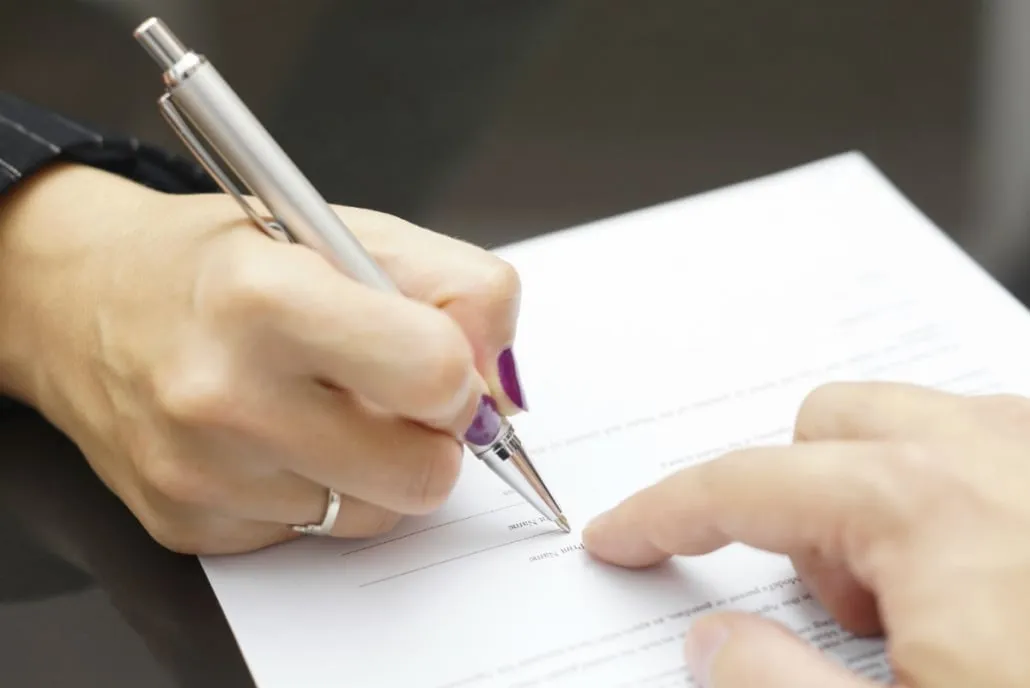A lawsuit may include punitive damages. What do they mean?
When the defendant’s conduct was especially egregious or aggravating circumstances exist, punitive damages may be awarded. In general, to show conscious indifference to consequences, the defendant must have shown “willful misconduct, malice, fraud, wantonness, oppression, or the wish for care.” O.C.G.A. § 51-12-5.1(b).
Willful misconduct is defined as the intention to disregard reasonable standards of performance or proper conduct with the knowledge that the conduct may result in injury to any person or persons or property loss or damage.
The term conscious indifference refers to deliberate indifference to or disregard for something.
The specific intent of the perpetrator is based on the mental state of the perpetrator at the time the crime was committed.
In Georgia, what constitutes punitive damages?
Can you receive punitive damages in your case? Plaintiffs do not receive compensation for punitive damages. It is rather intended to put a deterrent on the wrongdoer so that he will not engage in the behavior that caused the injury again in the future.
Plaintiffs may sue defendants who have legally injured them in a Georgia personal injury case. Plaintiffs have the right to recover damages that make them whole – as if they were never injured. Compensatory damages are those that are meant to compensate the plaintiff for whatever losses they have suffered.
The court could order the defendant to pay compensation for the plaintiff’s injuries, such as buying the plaintiff a new car, paying the plaintiff’s medical bills, and covering her lost wages and pain and suffering. Additionally, Georgia law also provides for plaintiffs to be awarded “punitive damages” in some cases.
In order to ensure that damages will be considered by Georgia courts, the law has developed substantive and procedural requirements.
What kinds of cases can invoke these types of damages?
Intentional torts, or actions that result in injuring another person, can result in award punitive damages. In order to qualify for punitive damages, an irresponsible party must go beyond mere negligence by causing great harm to the victim. A jury award punitive damages in the following situations:
- Accidents caused by drunk drivers
- Hit-and-run accidents
- Trucking accidents
- Violation of sexual rights
- Animal bite injury
- Injuries caused by medical malpractice – this law was found to be unconstitutional by the Georgia Supreme Court.
- Cases involving product liability
It is generally not possible to recover punitive damages even in the case of bad faith breaches of contract. An insurance company cannot be sued for punitive damages if it denies coverage in bad faith.
The estate of a deceased defendant is not eligible for punitive damages.

What is the process of pursuing punitive damages in Georgia in a personal injury lawsuit?
Personal injury cases that result in punitive damages are handled differently than those that result in other types of damages. Any claim for such damages must be stated specifically in the lawsuit, otherwise, it is waived. When the injured party files a routine injury claim, he or she will normally claim compensation for tangible or economic loss, as well as non-economic or intangible damages. For example, emotional distress and pain and suffering are both considered non-economic damages.
It is not permissible to claim punitive damages on a Georgia law claim. The purpose of punitive damages is to punish the defendant for outrageous or egregious conduct and to serve as a deterrent to others in the future not to engage in similar conduct.
What is the Legal Standard of Proof for establishing punitive damages?
In addition, establishing that the defendant’s conduct was outrageous enough to warrant a punitive damages award requires a higher standard of proof. For a negligence claim to be successful, the plaintiff must prove all elements by a preponderance of the evidence. By definition, there is a preponderance of the evidence that the defendant was negligent and you were injured as a result of that negligence.
It is enough to prove the damages if you prove them through clear and convincing evidence, which is not as great as proving them beyond a reasonable doubt.
Are punitive damages in Georgia recoverable?
A defendant’s punitive award may not exceed the amount set forth in state law and Constitution. The maximum punitive award in Georgia is $250,000. However, there are three crucial exceptions to this punitive damages cap limit.
The statutory cap does not apply to product liability claims. The plaintiff only receives 25% of the punitive damages in these cases, plus reasonable attorney’s fees and costs. As a result of the faulty product, the state of Georgia is awarded the remainder of the award. O.C.G.A. § 51-12-5.1(e)
The defendant cannot collect the cap if they were impaired by drugs, alcohol, or any other toxic vapor to the extent their judgment was substantially impaired. In addition to drunk driving cases, this law could also apply to other claims. O.C.G.A. § 51-12-5.1(f)
There is one final exception to the cap: if the defendant acted with the specific intent to cause harm, the cap will not apply. As a result, the defendant deliberately harmed the plaintiff. Punitive damages would not be awarded if the plaintiff could prove only that the defendant knew that the plaintiff was at risk. O.C.G.A. § 51-12-5.1(f)
As a general rule, punitive damages are limited by a “single-digit below compensatory damages”. This means they cannot exceed compensatory damages by more than one digit. As an example, if the compensatory damages total $10,000, the punitive damages should not exceed several hundred thousand dollars.
Under another O.C.GA. section, Section 13-6-11, a plaintiff may also be entitled to attorneys’ fees for receiving punitive damages.
Does a punitive damage claim need to meet certain requirements?
Georgia punitive damages are subject to procedural requirements in addition to substantive requirements.
If punitive damages are claimed, the plaintiff must include a specific allegation in the complaint that, if proved true, would justify them. As soon as the trial has started, the plaintiff cannot request punitive damages from the trier of fact (the judge or jury), no matter what new information the trial may reveal.
Georgia law and punitive damages Georgia require two (or even three) stages of the trial. To determine whether a plaintiff’s case qualifies for punitive damages, the trier of fact must first determine if the plaintiff meets the following standards:
If the plaintiff shows that the defendant caused damages to the plaintiff, using that clear and convincing standard of proof, then the trial moves forward.
The judgment of damages is decided by the trier of fact in this second part of the trial. The trier of fact can examine evidence and testimony pertaining to the following in order to calculate the number of damages due:
- Actions taken by the defendant in the past;
- It is probable that the defendant will continue to violate the law;
- Actions taken in the future to avoid injuring others;
- Percentage of punitive damages over compensatory damages;
- There may be a consideration for earlier violent acts or other criminal behavior of the defendant.
- Damages owed to the defendant are dependent on the defendant’s financial quality.
Since the trier of fact determines whether the defendant is likely to harm others in the second stage of the trial, the plaintiff may introduce evidence that might have been excluded in the first stage of the trial-for example, the defendant’s criminal record.
There are several complexities to punitive damage suits, both in terms of substance and procedure. Despite frequent attempts, they seldom succeed. This is the reason you need a personal injury lawyer who is both an expert in substantive law and a master of procedural law.
The Recovery of Punitive Damages
A jury could award compensatory, non-compensatory, and punitive damages on a verdict. An insurance company would have to pay the entire amount of the verdict included punitive damages and could not argue that they were not included as part of the award. If your own policy covers uninsured motorists (UM), your own insurance company may not pay punitive damages. This is because UM coverage only covers compensation, and punitive damages cannot be awarded.
Let’s talk about your personal injury lawsuit today
Personal injury lawsuits should be filed by the plaintiffs as soon as possible following the accident.
According to Georgia law, personal injury cases have a two-year statute of limitations after injury or death. Do not wait until this statute of limitations expires before filing your injury claim.
Contact us right now or call (770) 889-6010 for a free consultation to find out what damages you might be able to claim. Depending on the facts of your case, we are able to determine which type of economic, non-economic, or Georgia punitive damages are appropriate.

